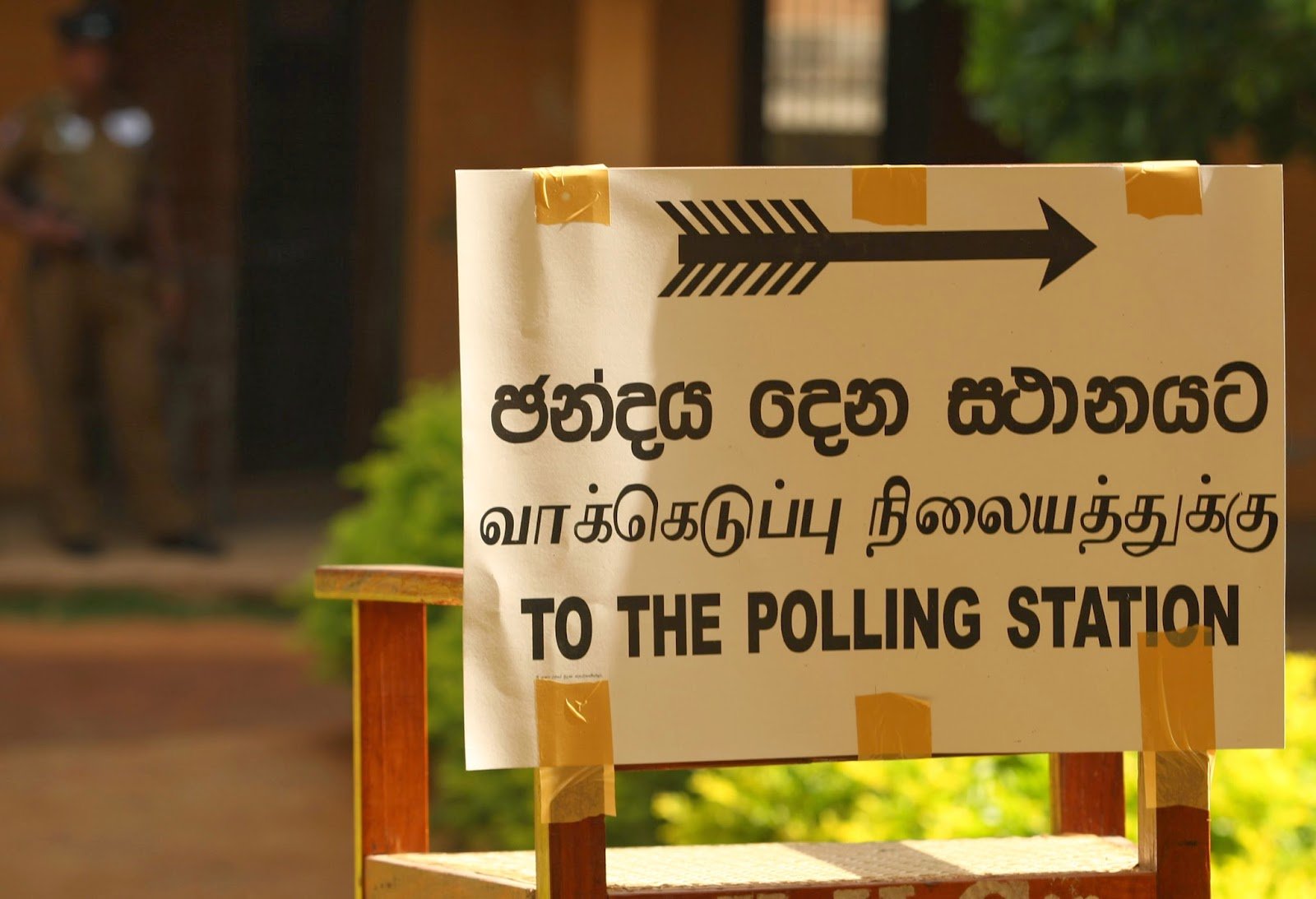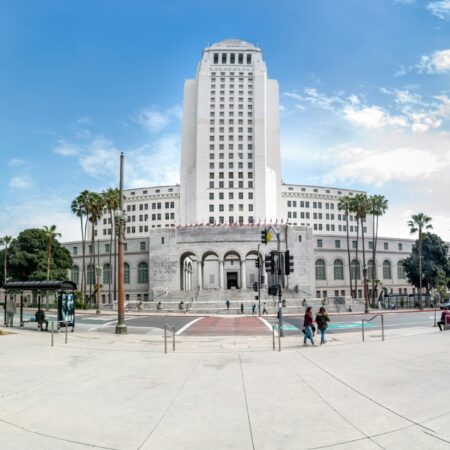Elections commission is keen to ensure millions of Sri Lankans living abroad are granted voting rights making the electoral process more inclusive, a top official said today.
Chief elections commissioner Mahinda Deshapriya said he expected parliament to enact laws that would allow some two million Sri Lankans living and working abroad to exercise their franchise at national elections.
“In the interest of making our elections more inclusive, the commission is of the view that we should have a mechanism for those (Sri Lankan citizens) living abroad to vote,” he told the Foreign Correspondents’’ Association of Sri Lanka.
Under current laws, only citizens who turn up at polling booths between 7 a.m. and 4 p.m. are allowed to vote. A few public servants directly involved in conducting the poll and providing security are allowed to cast their ballots by post.
Deshapriya said he was also hoping that a postal voting system or some other mechanism could be devised to help many others carrying out essential work during the polling period to exercise their franchise without going to the polling booth during the stipulated period.
Addressing the FCA on the World democracy Day, Deshapriya said he wanted even homeless people in the country to be able to participate in elections and a survey was underway to get an understanding of the numbers involved.
He believed there were about 1,500 people in the capital alone who did not have a permanent abode and literally lived on the streets.
“Even for these individuals, we are trying to come up with a system whereby they can register as electors,” he said.
He said the Commission was keenly following the Indian Elections Commission which had been asked by the country’s supreme court to device a mechanism for Indians abroad to vote at home.
“We are closely following what India is doing,” Deshapriya said. “There are several models we are currently looking at.”
Among them were the practice of allowing proxy votes as well as Sri Lankans abroad to vote at the nearest Sri Lankan diplomatic mission. However, questions were raised about the practicality of such arrangements in the middle east where a large number of Sri Lankan expatriates are employed.
“We are not sure if employers in the middle east and in place like South Korea will grant lave for our workers to go out and vote, but we are looking at several models.”
About 12 per cent of Sri Lanka’s 15 million electorate live abroad.
He said the government was also taking a census of people in luxury condos in and around the capital to ensure residents are registered to vote.
Many affluent people neglected to register in time while the very poor sections too were unenthusiastic about getting into voter lists in time.






















